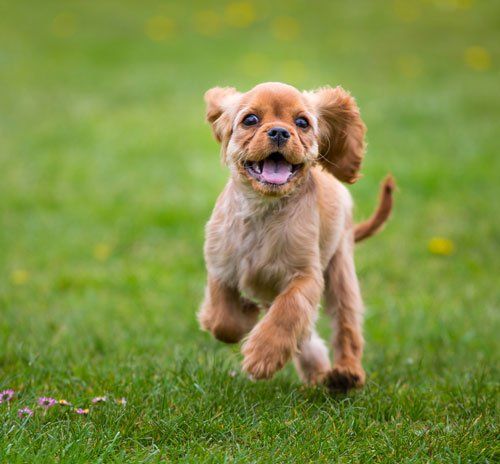
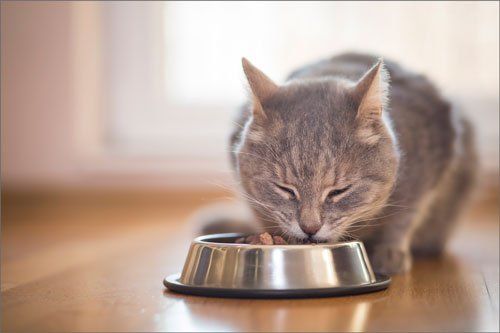
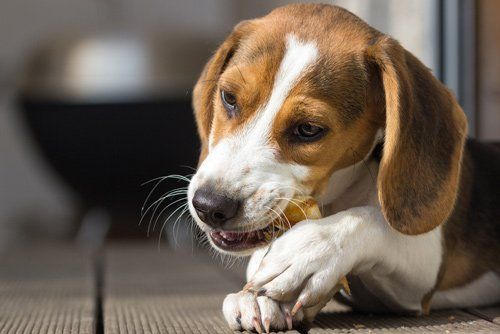
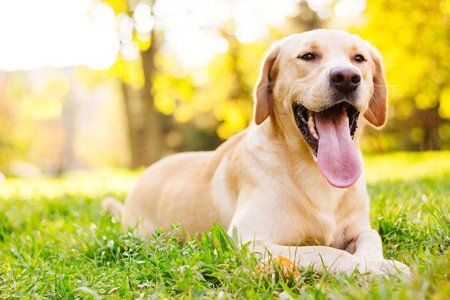
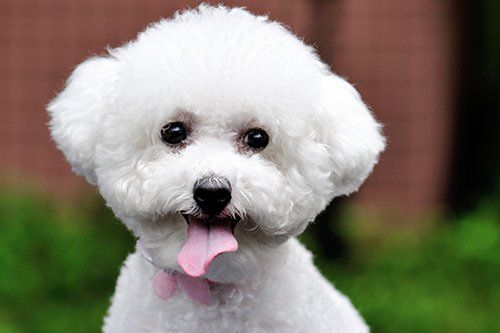
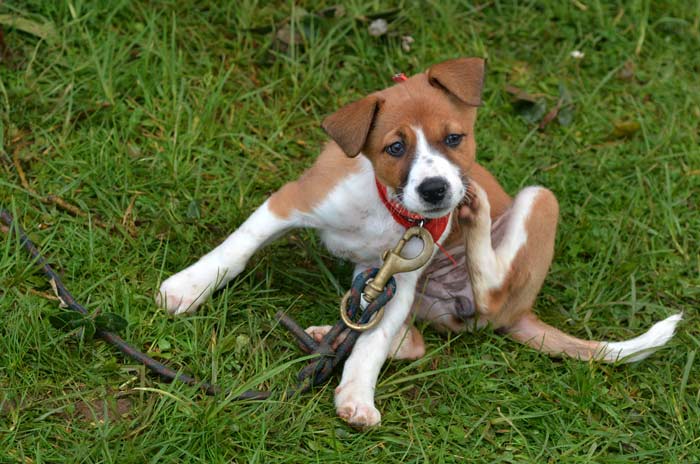
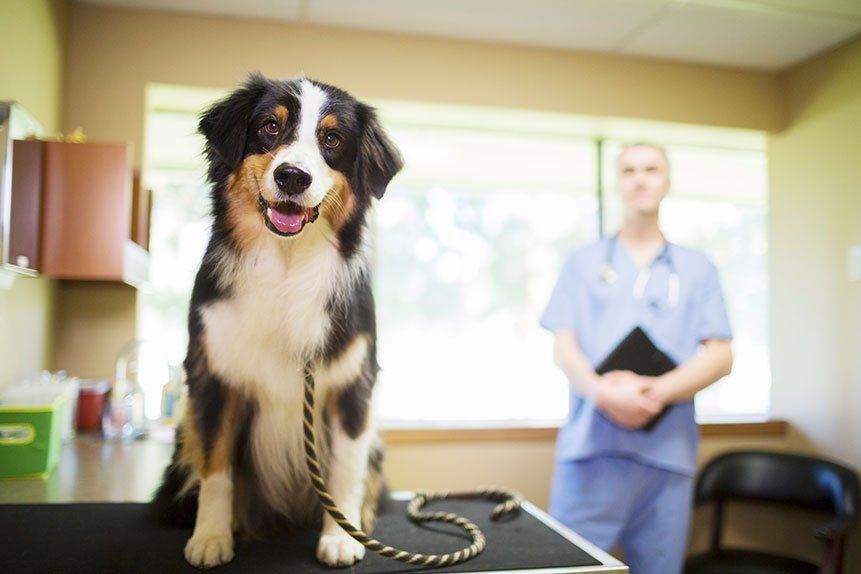
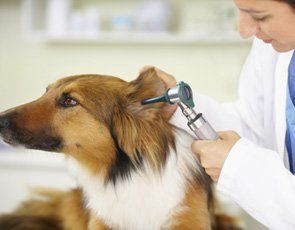
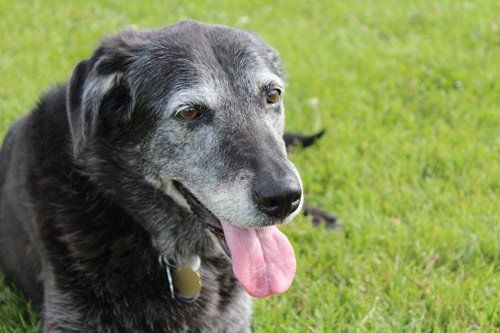
Your dog was a joy as puppy and source of fun, help, and comfort as an adult, but now that your dog is getting older, you might be wondering how you can help them make the adjustment.
Dogs who have spent their whole life loving and serving your family deserve the best treatment as they age. Here are some simple things that you can change on a daily basis to assist your dog as they age with grace.
Obesity is a common health problem for dogs, especially as they get older. Just like humans, dogs' metabolisms slow down and they aren't as active as they were during energetic young adulthood. Feeding your dog a quality diet is important.
Regular adult dog foods may not be as suitable for a senior dog. Adult foods contain high-calorie components to fuel an active lifestyle, so when your dog eats the same amount but isn't as active, their weight begins to creep up.
Talk to your vet about switching to a senior food that provides plenty of satiation but is more geared toward the needs of a senior dog. Some foods will have support for special health problems. For example, if your dog is having joint problems, a diet higher in fatty acids can help with the pain. Your vet can provide recommendations.
Finally, move to more nutritious treats. Your dog might have enjoyed fatty, meaty treats for good behavior, but dogs also enjoy healthier carrots, pieces of squash, or even oranges. These are lower in calorie and high in essential vitamins and minerals.
Exercise is one of the best ways to slow the progression of joint problems, and it helps keep weight gain at bay. But many senior dogs won't have the same energy levels to go for long walks or runs. They also might have less tolerance for extreme heat or cold and will get dehydrated faster.
You should always bring water with you on walks and give your dog plenty of opportunities to drink. Instead of a long 40-minute walk in the morning and evening, you might do three 20 minute walks instead. After each walk, give your dog plenty of time to sleep and rest.
If your dog has a health condition that prevents long exercise, your vet can give you advice on activities to help your dog get the stimulation they need.
Senior dogs need to sleep more, and you'll frequently see them lie down for a rest. Don't disturb your dog from restful periods, and try to make them more comfortable by investing in a soft bed that provides support for their aging joints. Try to keep small children away from your dog when they are resting as well.
Don't forget that there is such a thing as too much rest. Lethargy can indicate an underlying health problem, especially during old age. Invest in regular vet checks
to screen for common diseases and cancer.
Many dogs have joint pain as they age, especially if they have an underlying joint issue, like hip dysplasia. You can make your house more "sore joint friendly" by adjusting your dog's routine. For example, if your dog previously slept in the basement on a soft bed, but now has trouble with stairs, you should move the bed to the main level.
If your dog is small, you can lift them to sit next to you on the couch when they can no longer jump. If your dog is too heavy to lift, make a step so your dog can still enjoy routines and bonding with you.
For more information on senior dog care and health concerns, contact us at Sylvan Corners Pet Hospital.








HOURS OF OPERATION:
Closed everyday from 12PM to 1PM for Lunch
In Case of an after-hours emergency, please contact: Veterinary Specialty Hospital
1901 Douglas Blvd. Roseville, CA 95661
Phone: 916-783-4655
HOURS OF OPERATION:
Closed everyday from 12PM - 1PM for Lunch
In Case of an after-hours emergency, please contact: Veterinary Specialty Hospital
1901 Douglas Blvd. Roseville, CA 95661